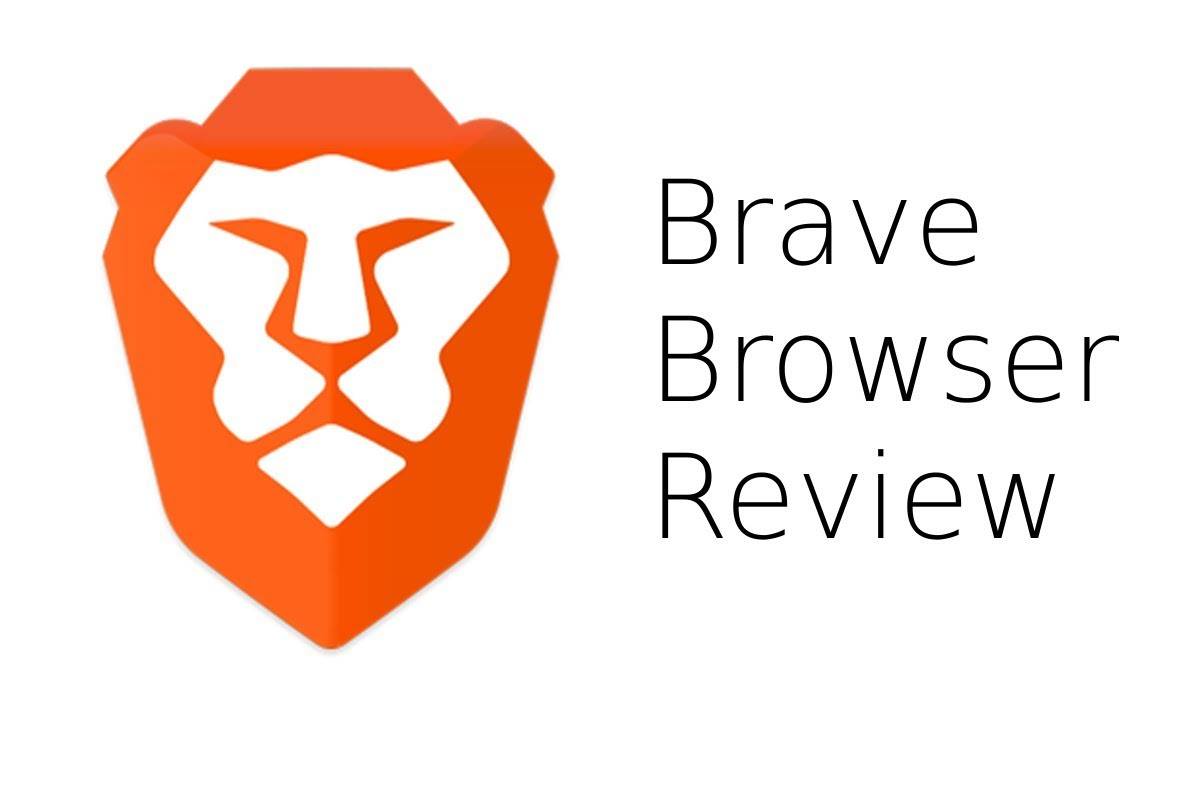In a digital age where our every move is tracked and recorded online, safeguarding our privacy has become a paramount concern. While popular browsers like Chrome, Firefox, and Safari offer excellent features, they may not always be the best choice when it comes to protecting your personal information. Fortunately, there are alternative browsers specifically designed with privacy in mind. In this article, we will explore the best alternative browsers for privacy, providing you with a comprehensive guide to help you choose the one that suits your needs the most.
Table of Contents
- Introduction
- Why Consider Alternative Browsers?
- Key Features to Look for in a Privacy-Focused Browser
- Top Alternative Browsers for Privacy
- Brave Browser
- DuckDuckGo Privacy Browser
- Tor Browser
- Waterfox
- Comparison of Privacy Features
- How to Enhance Privacy While Browsing
- The Future of Privacy-Focused Browsers
- Tips for a Safer Online Experience
- Conclusion
- FAQs
1. Introduction
Internet users are increasingly concerned about their digital footprint and the potential misuse of their personal information. While major browsers have improved their privacy features over the years, they still collect data for various purposes. Alternative browsers, however, take a different approach, focusing on user privacy from the ground up.
2. Why Consider Alternative Browsers?
- Less Tracking: Alternative browsers reduce the amount of tracking done by websites and third-party advertisers, helping you maintain anonymity.
- Enhanced Security: They often come with built-in security features to protect you from online threats.
- Privacy-First Approach: These browsers prioritize user privacy as a core principle, making them a safer choice.
- Customization: Alternative browsers often provide users with more control over their browsing experience.
3. Key Features to Look for in a Privacy-Focused Browser
When choosing a privacy-focused browser, it’s essential to consider the following features:
- Ad Blocker: To prevent intrusive ads and tracking.
- HTTPS Everywhere: To ensure secure connections.
- Cookie Management: Allowing users to control cookies and trackers.
- Built-in VPN: For an extra layer of anonymity.
- Open Source: Transparency in code development.
- Regular Updates: To patch security vulnerabilities.
4. Top Alternative Browsers for Privacy
Let’s dive into the best alternative browsers for safeguarding your online privacy:
Brave Browser
Brave stands out for its aggressive ad and tracker blocking. It also rewards users with its cryptocurrency for viewing privacy-respecting ads.

DuckDuckGo Privacy Browser
Known for its privacy-focused search engine, this browser enhances your privacy by blocking trackers and providing clear privacy grades for websites.
Tor Browser
Based on the Tor network, this browser routes your traffic through multiple servers, making it incredibly difficult for anyone to trace your online activities.
Waterfox
A faster, privacy-focused version of Firefox, Waterfox offers enhanced privacy settings and add-ons.
5. Comparison of Privacy Features
To help you make an informed decision, let’s compare the privacy features of these browsers:
| Browser | Ad Blocker | HTTPS Everywhere | Built-in VPN | Open Source |
|---|---|---|---|---|
| Brave Browser | Yes | Yes | Yes | Yes |
| DuckDuckGo Privacy Browser | Yes | Yes | No | Yes |
| Tor Browser | Yes | Yes | No | Yes |
| Waterfox | Yes | Yes | No | Yes |
6. How to Enhance Privacy While Browsing
Regardless of the browser you choose, here are some additional steps to enhance your online privacy:
- Use a password manager to create and store strong, unique passwords.
- Enable two-factor authentication wherever possible.
- Regularly clear your browser history and cookies.
- Be cautious when sharing personal information online.
- Keep your operating system and software up to date.
7. The Future of Privacy-Focused Browsers
Privacy concerns are likely to remain a top priority for internet users. As technology evolves, we can expect even more advanced privacy features and innovative browsers to emerge.
8. Tips for a Safer Online Experience
- Educate Yourself: Stay informed about the latest online privacy threats and how to protect yourself.
- Read Privacy Policies: Understand how websites handle your data.
- Limit Third-Party Access: Be cautious about granting permissions to apps and websites.
- Regularly Review Settings: Keep your browser’s privacy settings up to date.
- Support Privacy Advocates: Encourage the development of privacy-focused tools and technologies.
9. Conclusion
Choosing the best alternative browser for privacy is a critical step in safeguarding your online identity. Whether you opt for Brave, DuckDuckGo Privacy Browser, Tor Browser, or Waterfox, you can rest assured that your privacy is a top priority. Take control of your digital life and explore the world of private browsing today.
10. FAQs
Q1: Are alternative browsers as fast as mainstream browsers? Alternative browsers can be just as fast or even faster, depending on the browser and your usage.
Q2: Can I use extensions in privacy-focused browsers? Yes, many alternative browsers support extensions to enhance your browsing experience.
Q3: Is Tor Browser legal to use? Yes, using the Tor Browser for legitimate purposes is legal in most countries.
Q4: Do these browsers work on mobile devices? Most of the mentioned browsers have mobile versions available for iOS and Android.
Q5: Can I still use my favorite websites with alternative browsers? Absolutely, these browsers are designed to be compatible with most websites, ensuring a seamless browsing experience.



